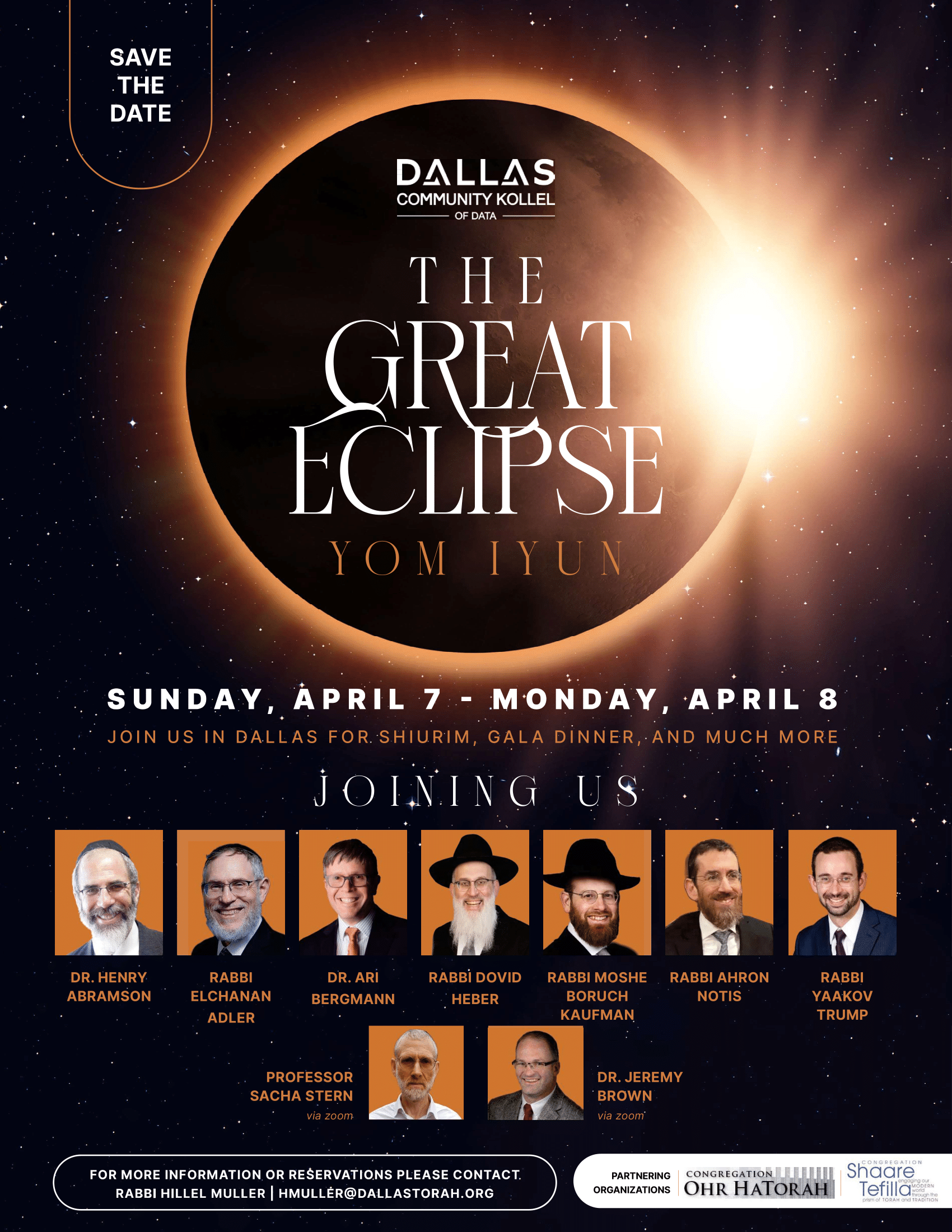We always begin by speaking to G-d in the first person, “Baruch Ata Hashem….”, Blessed are “You” G-d, and then shifting to the third person, “Who has commanded us…”. The same holds true with berachos on foods and other things we enjoy, such as the beracha we recite on eating an apple: “Baruch Ata Hashem…”, first person, “borei p’ri ha’eitz”, “Who has created the fruit of the tree”, third person.
The answer is the same for both and for all the blessings enacted by our early Sages, the Men of the Great Assembly, who authored the blessings and the prayers. They wanted to teach us to approach Hashem, G-d, in two distinct fashions, based on the two ways that Hashem interacts with us.
On one hand, God loves us so much and wants us to approach Him and interact with Him. He gives us the food we need in His desire to bestow all of His goodness and kindness upon us. He doesn’t just give us the nutrients of an apple in a vitamin pill. He gives it with delicious taste, smell and texture, wrapped in a beautiful, attractive package with bright, joyful colors! This is to get us to want to eat it, and also to connect with His goodness through each apple.
At the same time, as we make that connection, we also need to realize that while the apple is a gift from God, the Source of that goodness is something completely beyond our grasp. God’s reason to bring to us the gift of the apple is far above our comprehension, just like God Himself is.
The same applies to a mitzvah. God gives us mitzvos to perform as a way to connect to Him by performing His will. We also are supposed to see the spiritual beauty of a mitzvah and how it affects us for the good. At the same time we need to remember that as much as we do and should understand the mitzvah, the ultimate reason God commanded us to carry it out is beyond our comprehension.
I will give you an analogy. You certainly have heard about icebergs. When we see an iceberg in the sea, as huge and beautiful as the iceberg is, all we can see is the tip. The vast majority of it remains hidden from our sight, under the sea.
Imagine an inverted iceberg, which most of it out of our sight high up in heaven. You are so moved by the beautiful tip, but you know that the real beauty and magnitude of it is out of your sight.
Similarly, God has so much love for us that there’s an entire sea of goodness and kindness in Heaven that he wants to bestow upon us. It’s so vast that it’s beyond our ability to receive so much goodness. Like the iceberg, all that vastness of His goodness shrinks down and down until we get the tip of the iceberg, the apple you hold in your hand! All its good taste and beauty is the tip through which we, by making the beracha, tap into the vastness of the entire iceberg of God’s love and kindness!
The same holds true with a mitzvah. The essence of God’s light that He wants us to connect with approaches the infinite. We, as humans, are incapable of directly connecting with infinity. God, in His kindness, “shrinks down” the infinite Light more and more until it gets contained into a small physical act, like lighting Shabbos candles, putting on Tefillin or giving tzedakah.
Every time you light the Shabbos candles or give tzedakah, or any other mitzvah, you are tapping into the “iceberg”, the infinite Light of Hashem, through the “tip”, the physical mitzvah.
Hashem gave us that “tip”, whether with the apple or the mitzvah, as the way to connect with Him directly. That’s why we start off the beracha, which gives us the right intent, by speaking to Him in the first person, “Baruch Ata…”. At that very moment we remember that His true essence, and the food or the mitzvah act, are really totally beyond us, given to us in a hidden way, above our ability to address it directly. So we switch to the third person, speaking about Hashem as what He does, giving proper respect to Him and our connection.
Sincerely,
Rabbi Yerachmiel Fried


